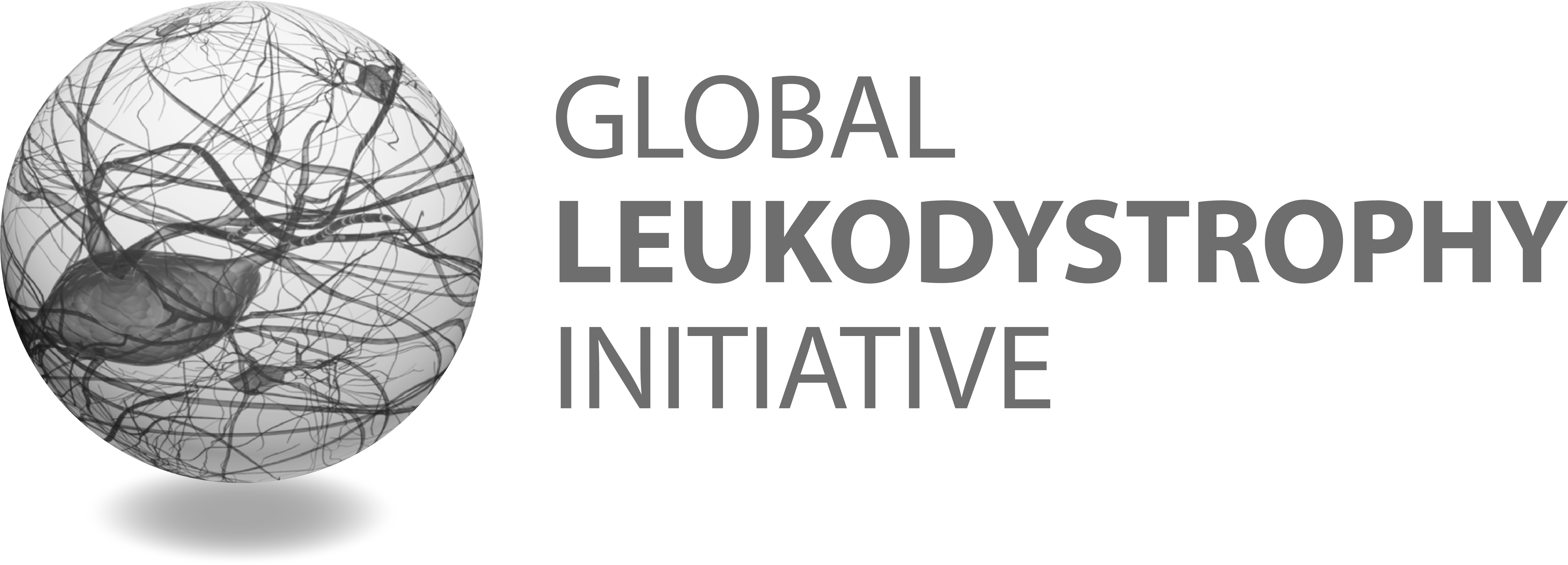Diseases Studied
The Rare Diseases Clinical Research Network is an NIH-funded research network of 21 active consortia or research groups working to advance treatment for diseases that are rare. Use the search tools on this page to find the diseases we currently study. You can reach out to the indicated consortia or research groups for more information on those diseases and studies underway.
This network focuses on clinical research and does not generally support clinical care outside of research activities. To learn about other rare diseases, please visit the Genetic and Rare Diseases Information Center (GARD), which is an NIH program that helps the public find reliable information about rare and genetic diseases. Their staff are specialists. Contact them at 1-888-205-2311 or email GARDinfo@nih.gov.
All Diseases > Adrenoleukodystrophy and adrenomyeloneuropathy
Adrenoleukodystrophy and adrenomyeloneuropathy
Disease Category: Leukodystrophies
An X-linked disorder (on the X chromosome) characterized by the disruption in fat metabolism (break down) which leads to the accumulation of long-chain fatty acids throughout the nervous system, adrenal glands, and testes. Symptoms include progressive weakness and rigidity of the legs, ataxia (lack of coordination), speech impairment, adrenal insufficiency (lack of production of certain hormones), sexual dysfunction, incontinence, vision and hearing loss, seizures, and behavioral problems. When the disease affects men in their 20s or later, it is known as adrenomyeloneuropathy.
Research groups studying this disease
Leukodystrophies

Global Leukodystrophy Initiative Clinical Trials Network (GLIA-CTN)
Recruiting
8501: Myelin Disorders Biorepository Project (MDBP)
The purpose of this study is to: (a) define novel homogeneous groups of patients with leukodystrophies and work toward finding the cause of these disorders; (b) assess the validity and utility of next-generation sequencing in the diagnosis of leukodystrophies; (c) establish disease mechanisms in selected known leukodystrophies; (d) track current care and natural history of these patients to define the longitudinal course and determinants of outcomes in these disorders; and (e) contacting subjects with specific diagnoses (or lack thereof) with information about other research studies or clinical programs that may be beneficial.
8502: GLIA-CTN EHR Data Extraction Project
This study seeks to query the Electronic Health Record (EHR) at participating institutions in an automated fashion in order to development a large-scale library of clinically pertinent natural history data for individuals with a confirmed diagnosis of leukodystrophy. Automated data extraction techniques will be supplemented by traditional/manual chart abstraction approaches to ensure data integrity. Data collection and analysis methodologies will undergo face validation, inter-rater reliability, reproducibility, longitudinal stability, internal validation and construct validity under the careful oversight of the GLIA-CTN Data Integration Core (DIC) based at the Children's Hospital of Philadelphia.
8503: GLIA-CTN AMN Motor Function Study
The goal of this clinical project is to create a portfolio of disease-specific outcome assessments to facilitate design and execution of future therapeutic trials for adults with AMN. Specifically, investigators will determine the ability of a novel AMN rating scale to measure function, including a comparison of the trajectory between this rating scale and the Patient Reported Outcome (PRO) data obtained via RDCRN Protocol No. 8501. Finally, investigators will assess the rate of change in quantitative ataxia measures using force plate technology, and then compare this to wearable devices in enrolled individuals.
Global DARE Foundation
Promotes worldwide awareness and better quality of life for all who are diagnosed with adult Refsum disease.
Leukodystrophy Australia
Aims to support individuals and families affected by leukodystrophy, raise awareness, and encourage leukodystrophy-related research.
Fundación Lautaro te Necesita
Su misión es mejorar la calidad de vida de las personas afectadas por leucodistrofias impulsando la investigación y la educación para lograr diagnósticos tempranos que posibiliten el acceso a tratamientos adecuados.
Hunter's Hope Foundation
Supports and encourages those affected by Krabbe disease and related leukodystrophies.
ALD Alliance
ALD Alliance, formerly known as the Aidan Jack Seeger Foundation, helps families across the United States that are newly diagnosed with adrenoleukodystrophy (ALD) by giving them the resources they need to fight this rare and devastating disease.
Arrivederci ALD
Arrivederci ALD's focus is identifying and funding scientific and medical research that will lead to more effective treatments and a cure for ALD and AMN. They also engage in advocacy and awareness efforts to support individuals and families across the country suffering from ALD.
European Leukodystrophy Association
Provides assistance and support to families affected by leukodystrophy, funds research projects, raises public awareness, and collaborates with international organizations to pool resources to develop research.
Fight ALD
Recognizing that many medical providers had little experience or education about adrenoleukodystrophy, Fight ALD was founded to provide newly diagnosed families with essential information about the disorder along with other key resources.
ALD Connect
Brings together patients, families, advocates, physicians, scientists, and other stakeholders centered around adrenoleukodystrophy (ALD).
Alex, The Leukodystrophy Charity
Offers support and information for all those affected by a genetic leukodystrophy.
Leukodystrophy Resource & Research Organisation
This group seeks to maximise health care resources, advance the world’s leading research and to provide premium support for all Australasian leukodystrophy families with the outcome being a cure.
Remember The Girls
Their mission is to raise awareness of the many issues facing female carriers of x-linked recessive genetic disorders; to provide a forum for x-linked females to share their stories, ask questions, provide and receive emotional support, and develop friendships; and to advocate for increased attention of the medical community to the physical and emotional issues of females who carry x-linked disorders.
The Stop ALD Foundation
The Stop ALD Foundation focuses on accelerating the process of developing new knowledge and new therapies for adrenoleukodystrophy, and works to accelerate implementation of newborn screening for ALD.
United Leukodystrophy Foundation (ULF)
ULF is a non-profit, voluntary health organization dedicated to funding cutting-edge research and to providing patients and their families with disease information and medical referrals.
